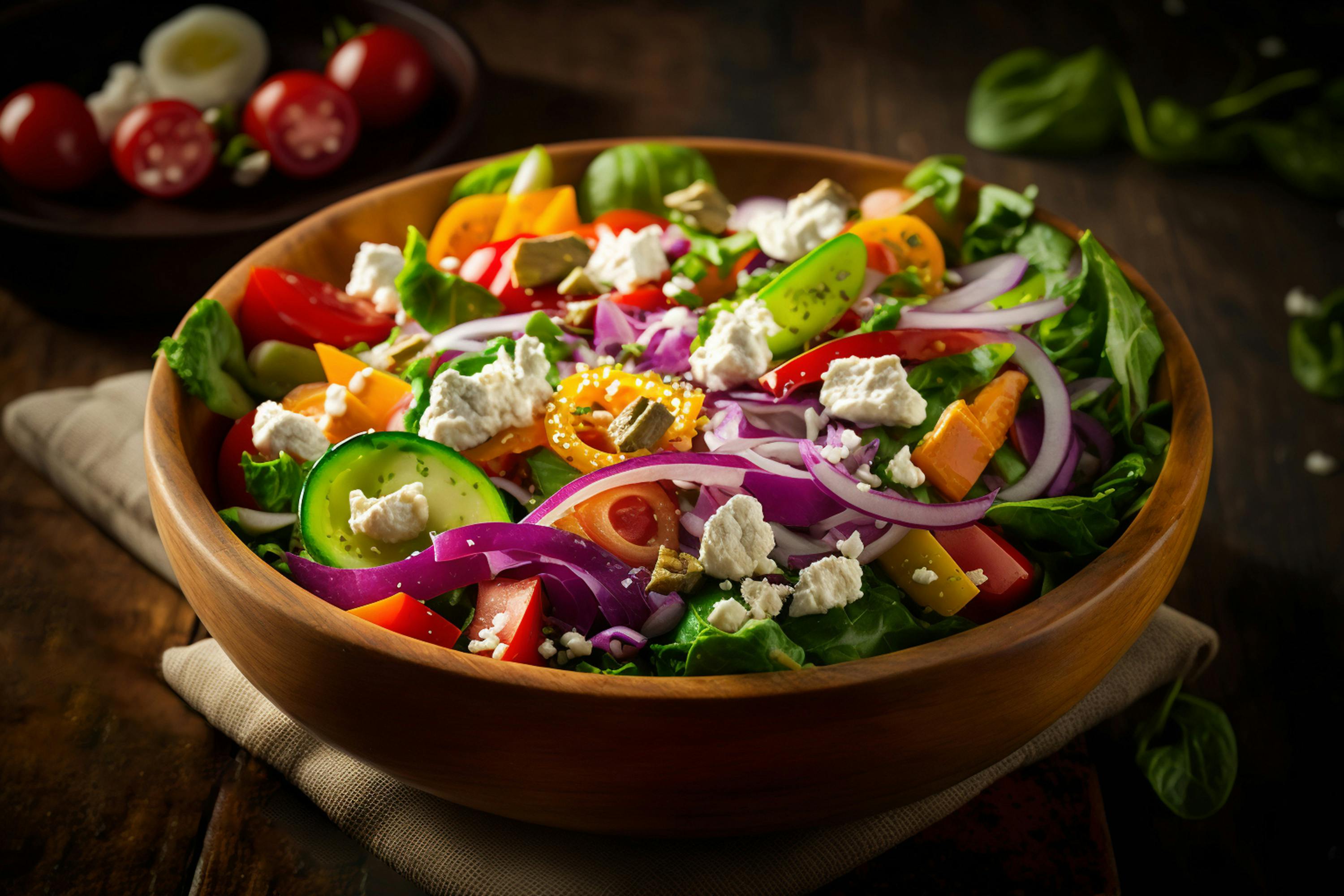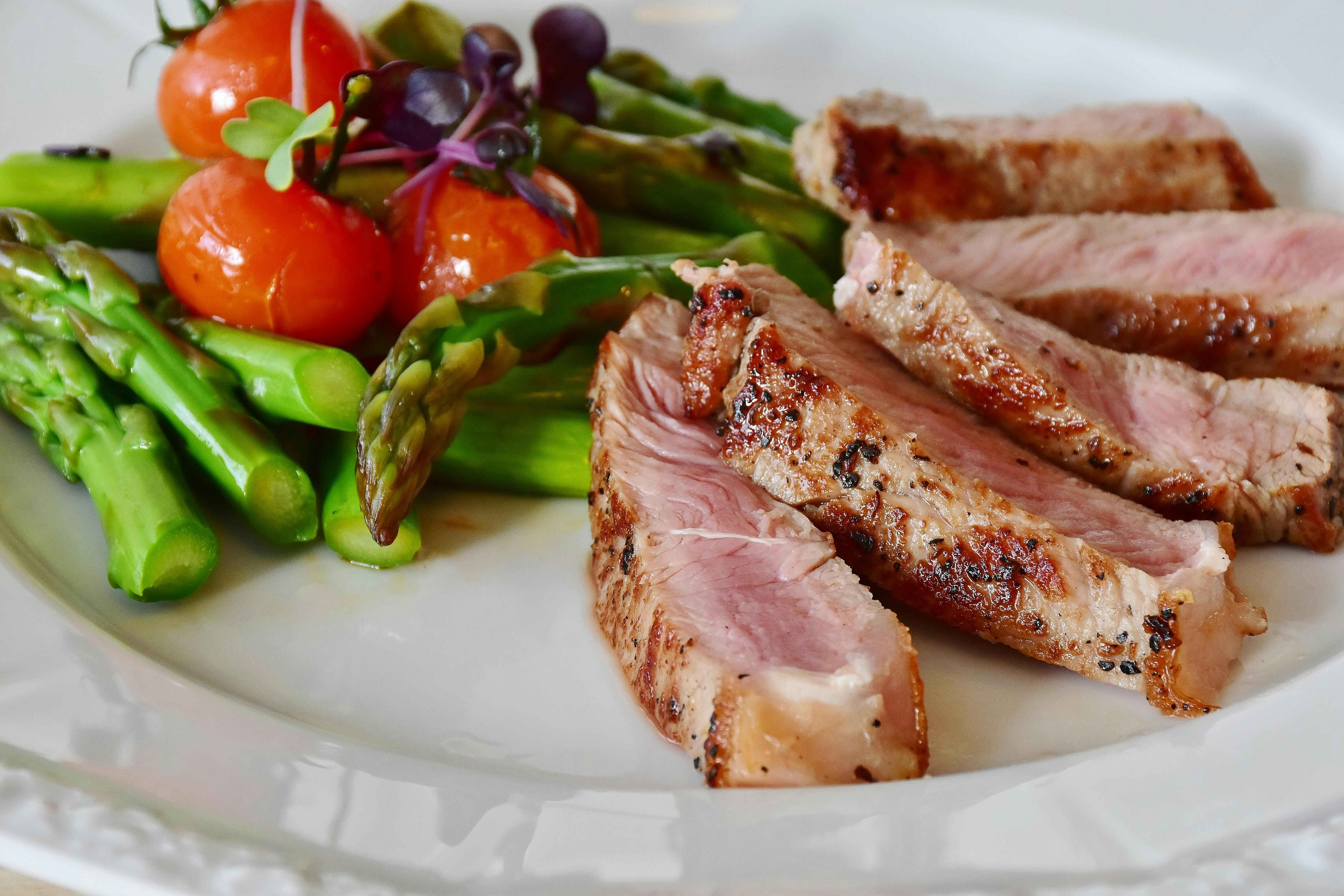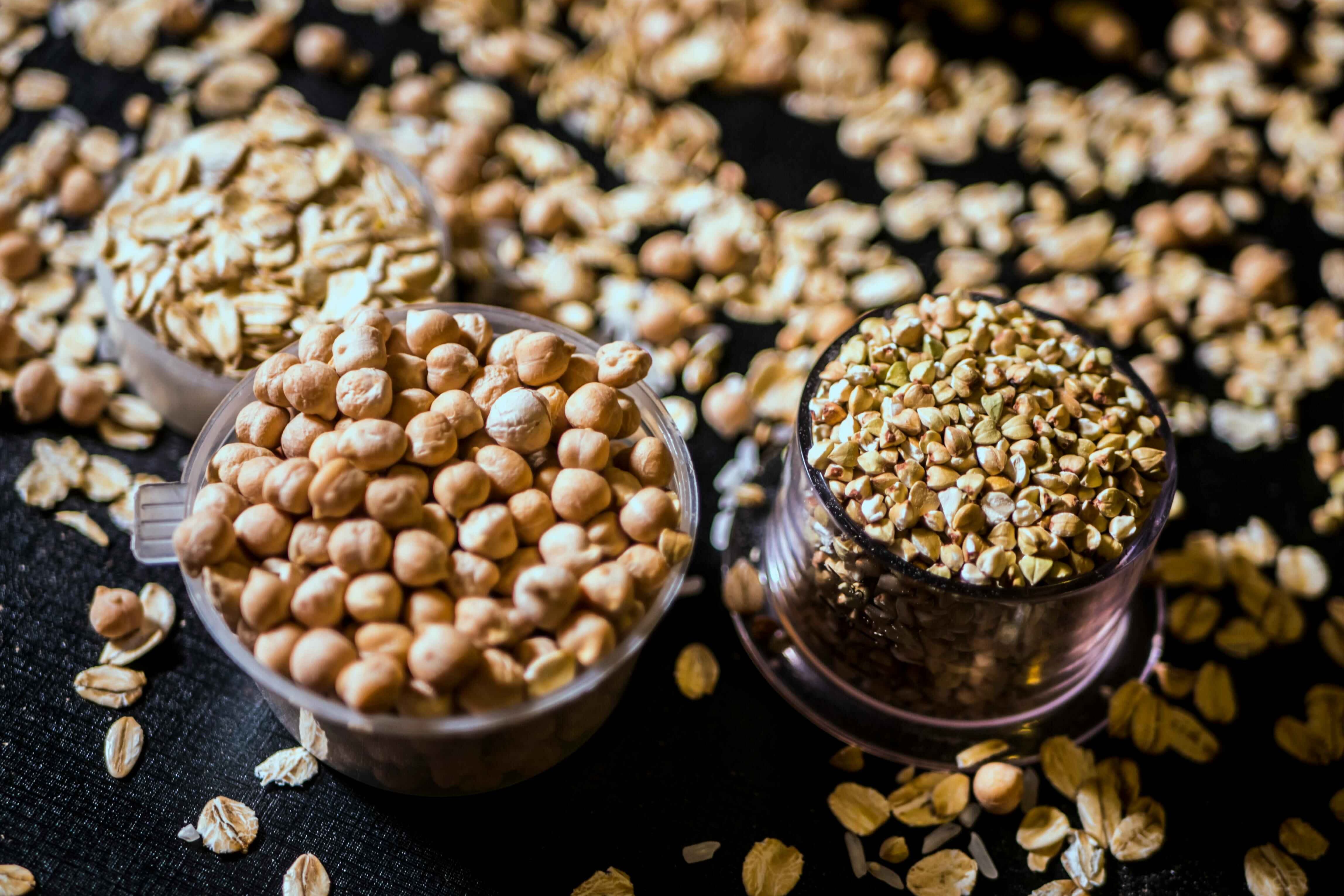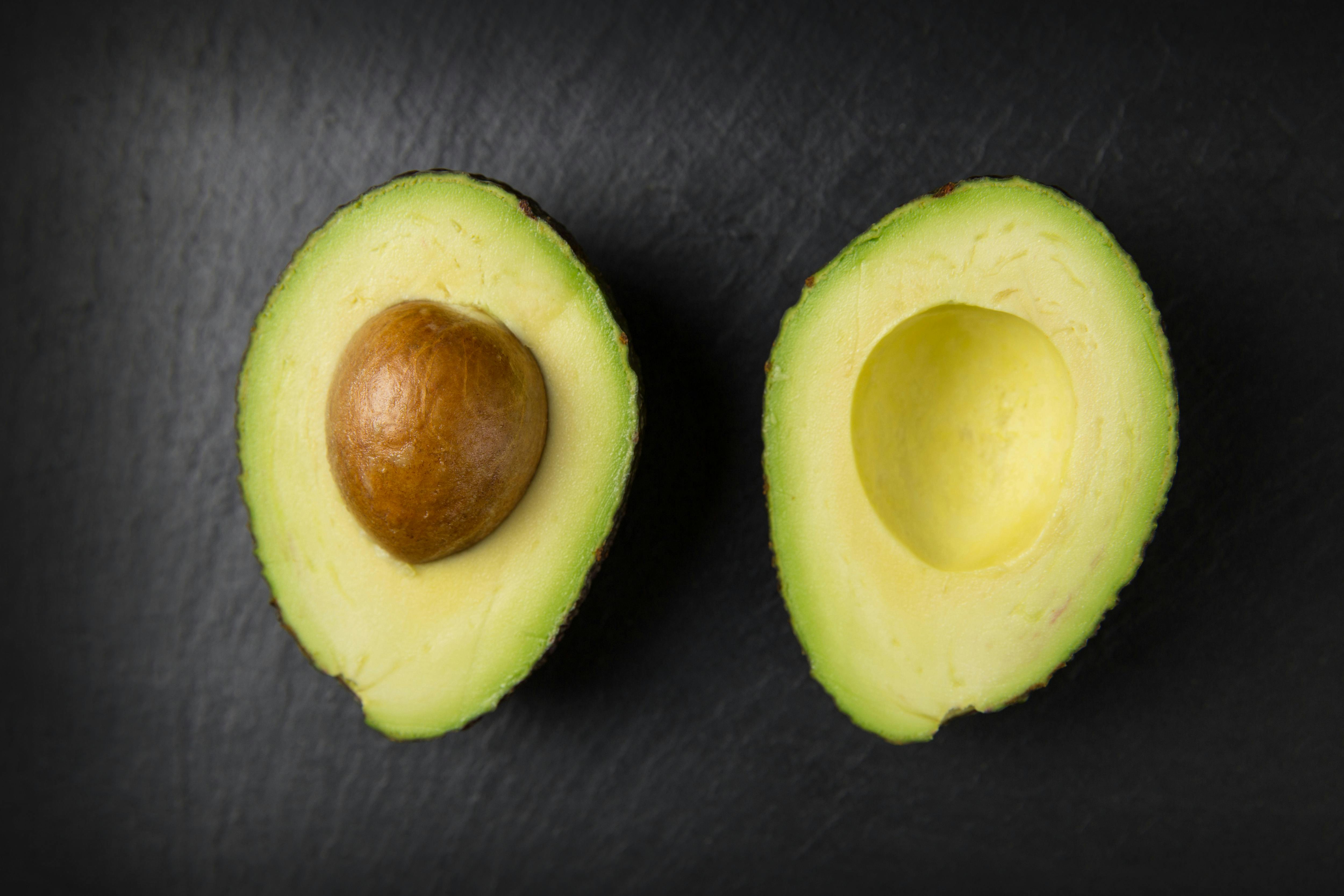What Is a Good Meal Plan for the Week?
What Is a Good Meal Plan for the Week?
It's a busy weeknight evening, and you've just clocked out after a long day of work. You're tired and hungry; the last thing you want to do is head to the grocery store and come up with dinner ideas.
If this scenario sounds familiar to you, it might be time to consider embracing the world of weekly meal plans. By planning out your meals, you can save precious time during your week, cut down on food waste, and promote healthier eating habits.
Instead of having to settle for expensive and calorie-laden takeout or browsing through cookbooks for new recipes, you can have an easy dinner featuring a delicious and healthy meal by preparing a meal plan ahead of time.
What Should Be Included in Your Meal Plan?

- Fruits and Vegetables:
Fruits and vegetables are the cornerstones of a healthy meal plan, packed with essential vitamins, minerals, and fiber. Their fiber content supports digestion and helps maintain a healthy weight by keeping you full longer. Low in calories but high in volume, they’re perfect for those watching their calorie intake. Aim for at least two cups of fruit daily and three cups of vegetables to boost your nutrition and achieve weight loss.

- Proteins:
Proteins are vital for cell repair, muscle growth, and maintaining a healthy immune system. They’re essentially the building blocks of your body, supporting everything from your skin and hair to your internal organs. Ideally, meal planners should include a variety of protein sources such as lean meats, poultry, fish, eggs, dairy products, legumes, nuts, and seeds. This diversity ensures you're getting a mix of essential amino acids, which are the specific components of proteins your body needs.

- Whole Grains
The complex carbohydrates found in whole grains are digested more slowly than refined grains, providing a steady release of energy to keep you feeling satisfied for longer. They also provide essential nutrients, including B vitamins, antioxidants, protein, and trace minerals. Including whole grains, like brown rice, whole wheat bread, oats, and quinoa, in your meal plan can contribute to a balanced diet.

- Dairy:
Dairy products are a primary source of calcium, an essential mineral for bone health. They also provide other important nutrients like protein, vitamin D, and potassium. Including low-fat or non-fat dairy products, like milk, cheese, or Greek yogurt, in your meal plan can help meet your daily calcium needs without adding excessive calories.

- Healthy Fats:
While it's important to monitor fat intake, not all fats are bad. Healthy fats, particularly omega-3 fatty acids found in foods like avocados, olives, fatty fish, and pantry staples like nuts and seeds, are beneficial for heart health. These fats help soothe tension in the body and support heart health. Including these foods in your meal plan can contribute to a balanced diet and keep you satiated for longer.
How Can a Meal Plan Support My Busy Life?
Let's explore the reasons that make this a beneficial idea.
- Saves Time: We've all been there; coming home from work, smelling the exhaustion on ourselves, the last thing we want to do is figure out what to cook. Having a meal plan means you can dive straight into cooking, skipping the pondering and rummaging through the fridge bit. Your grocery shopping also becomes more efficient as you have a set list of items to purchase.
- Reduces Food Waste: When you don't plan your meals, you're likely to buy and cook more food than necessary. With a meal plan, you exactly know what and how much to buy. This way, less food ends up in the trash.
- Promotes Healthier Eating Habits: It's far too easy to rely on easy and quick food options like takeout or ready-to-eat meals when you're tired. This often leads to unhealthy choices. With meal planning, you have better control over the ingredients, portion sizes, and therefore, the nutrition you get from your meals.
- Helps Stick to a Budget: Planning your meals means you're mapping out your grocery list in advance. This keeps impulsive buys at bay and helps sticking to your budget.
- Decreases Stress: Knowing that you have planned and shopped for all your meals ahead of time can significantly reduce stress. On those busy days, you won't have to worry about what to cook or whether you have the required ingredients.
Remember, your meal plan doesn't have to be elaborate or gourmet. It's about what works best for you. Having a basic plan with some level of flexibility can work wonders for you and your household. Give it a try and take the first step towards hassle-free and healthy eating.